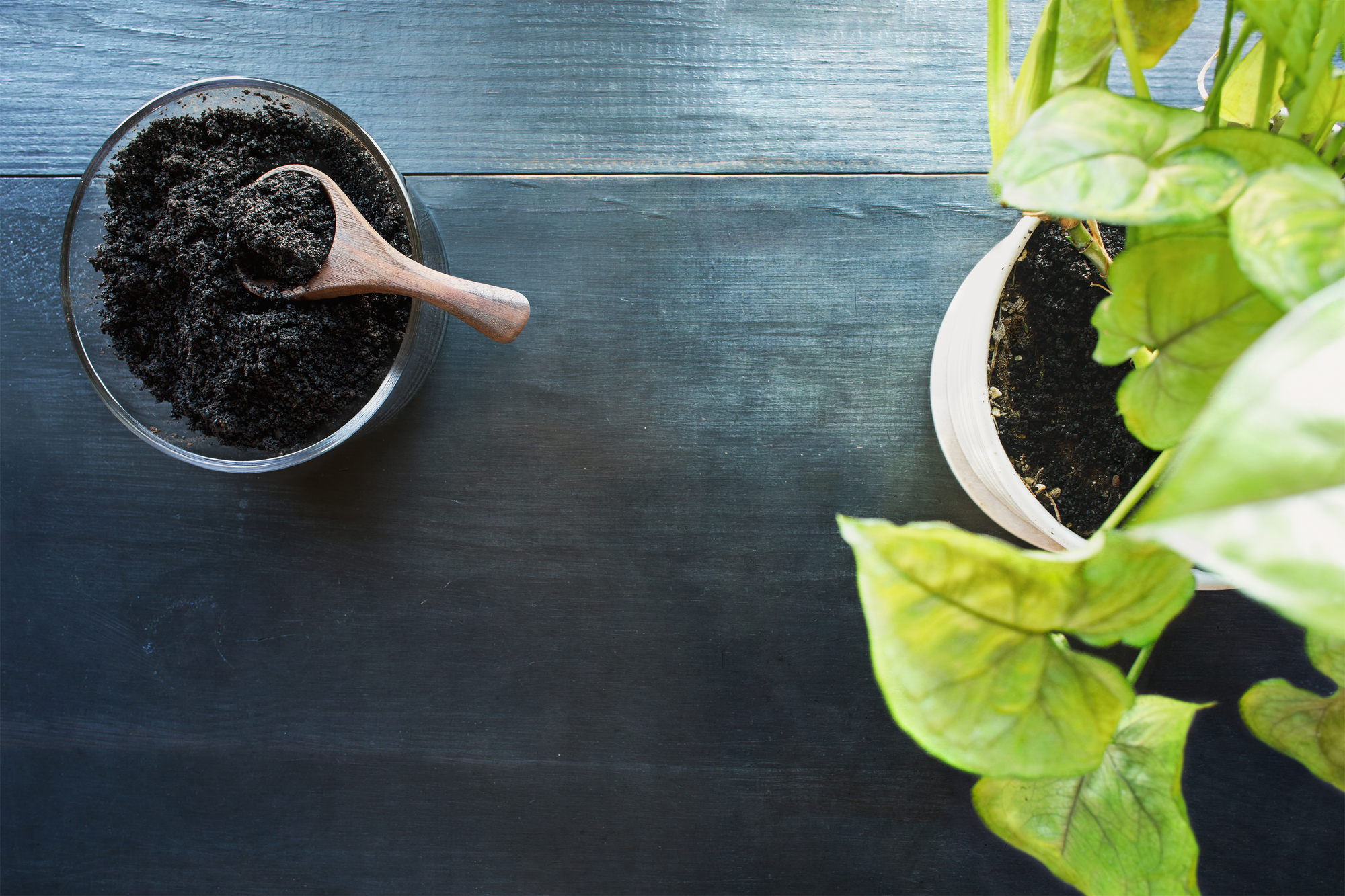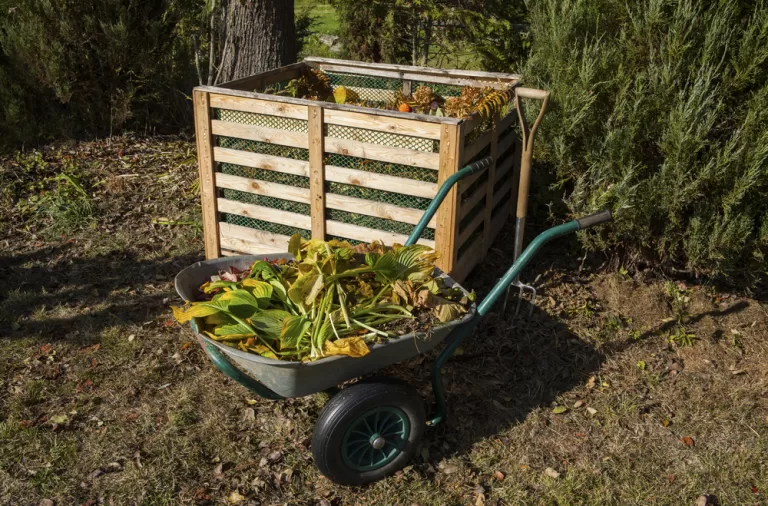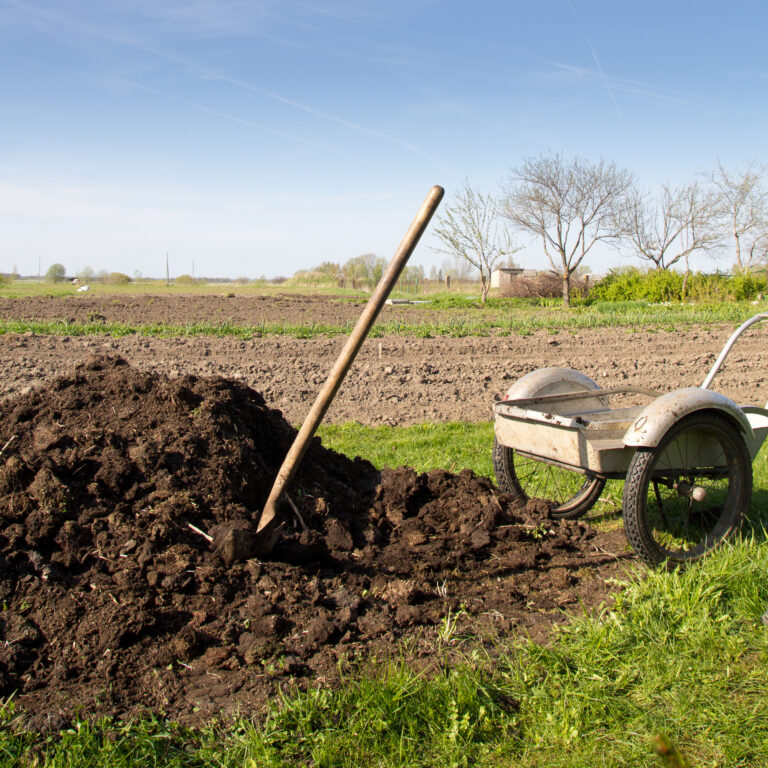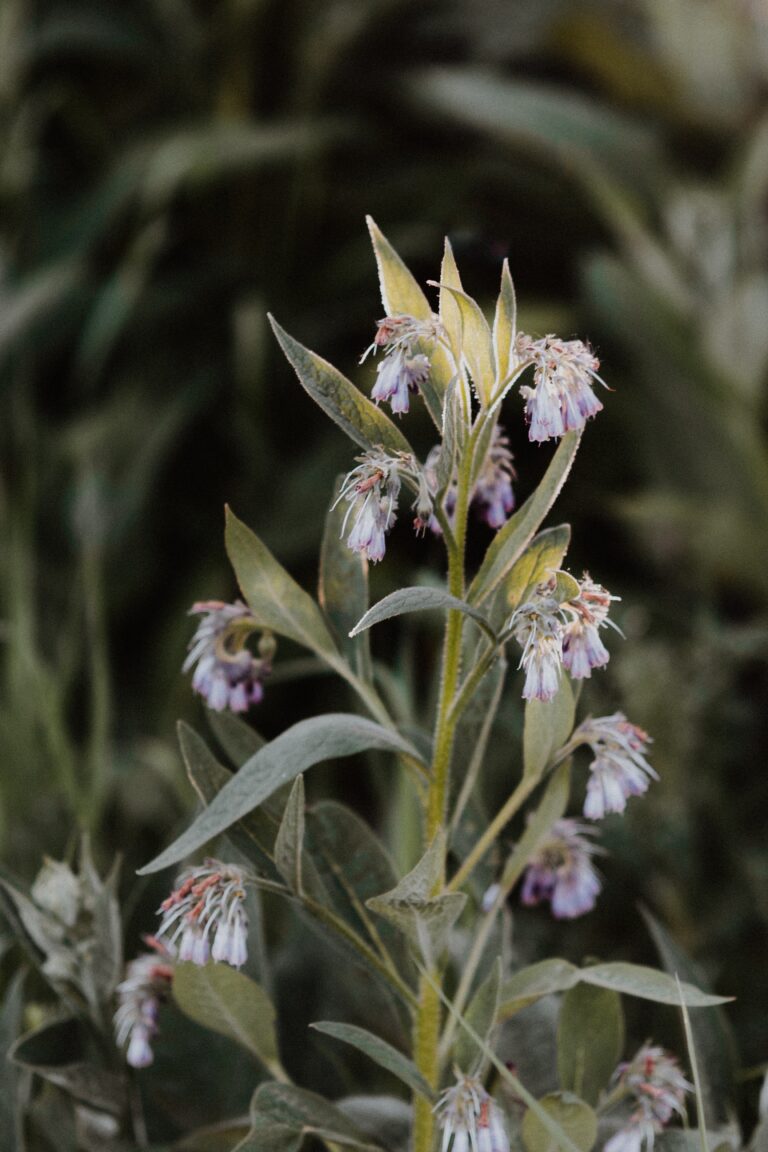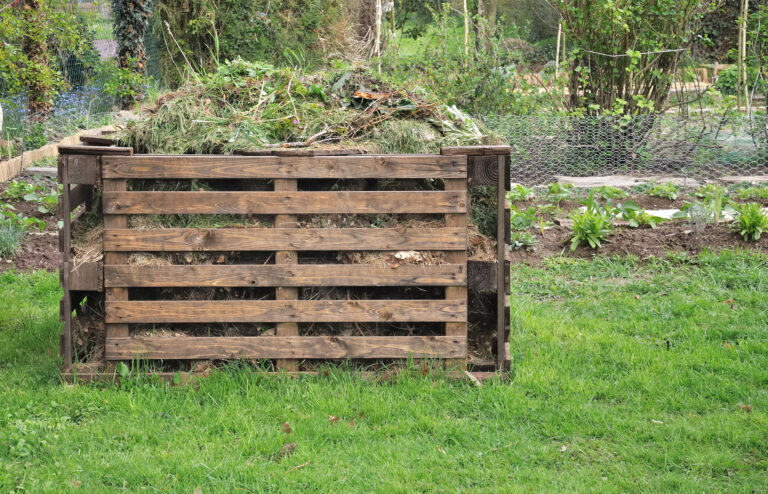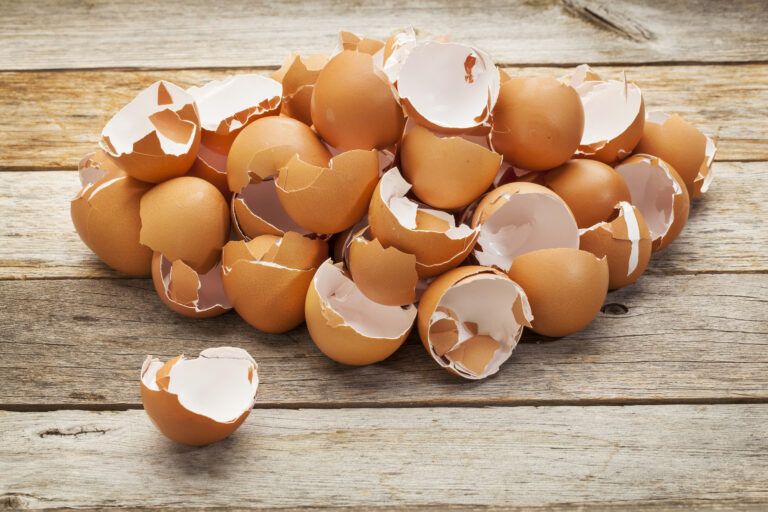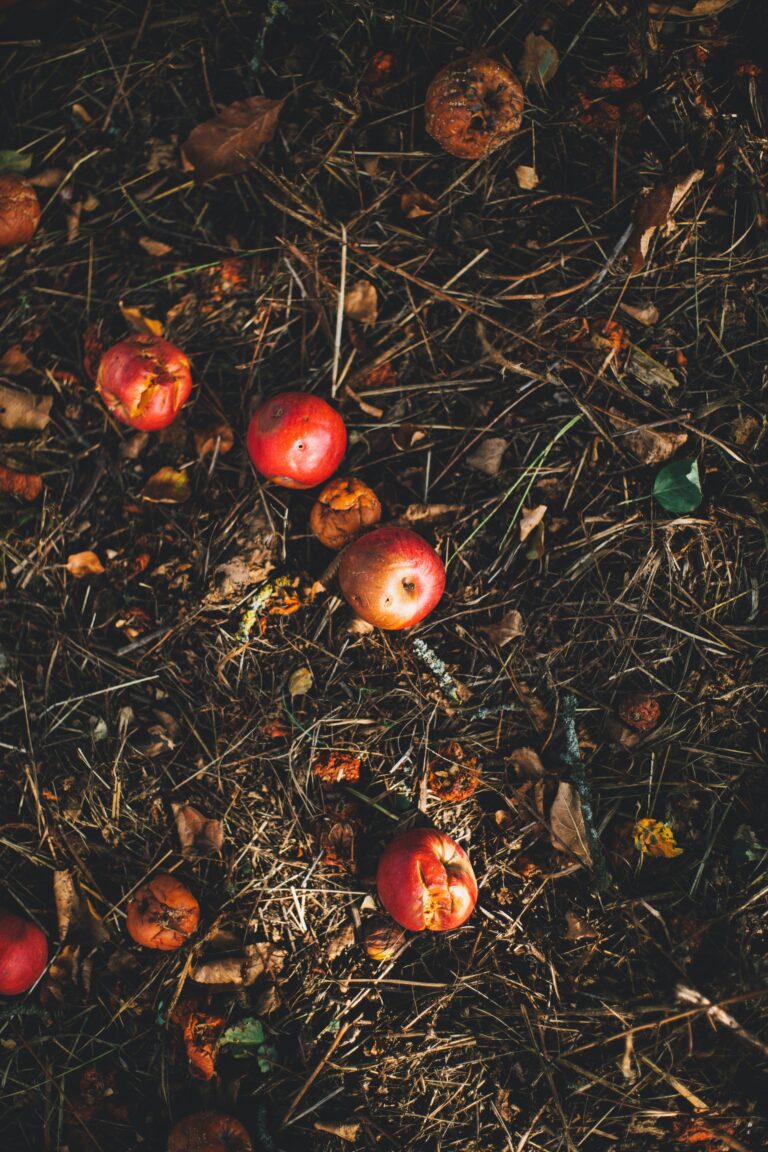Coffee Grounds in the garden
Coffee is one of the most popular beverages in the world. It is consumed by millions of people every day. However, most coffee drinkers are unaware of the many benefits that coffee grounds can have for their gardens. Coffee grounds are a rich source of nitrogen, which is an essential nutrient for plant growth.
Using coffee grounds in the garden can help improve soil quality and increase plant growth. They can also be used as a natural fertilizer, which is an eco-friendly alternative to chemical fertilizers. Coffee grounds can also help attract earthworms, which are beneficial for soil health. In addition, coffee grounds can be used to repel pests such as slugs and snails, which can damage plants.
The wonderful website, The Spruce, waxes enthusiastic about using coffee grounds in the garden, and suggests you throw in the coffee filter, too! https://www.thespruce.com/using-coffee-grounds-in-your-garden-2539864
The Basics of Using Coffee Grounds in the Garden
Coffee grounds are a popular organic material used in gardening. They are packed with nutrients that can benefit plants and enrich the soil. However, it’s important to know the basics of using coffee grounds in the garden to get the most out of this natural resource.
Types of Coffee Grounds
There are two types of coffee grounds: used and unused. Used coffee grounds are the ones leftover after brewing coffee, while unused coffee grounds are those that have not been brewed. Both types of coffee grounds can be used in the garden, but it’s important to note that used coffee grounds have a lower pH level than unused coffee grounds.
Benefits of Using Coffee Grounds
Coffee grounds are an excellent source of nitrogen, which is essential for plant growth. They also contain other essential nutrients such as phosphorus, potassium, and magnesium. In addition to providing nutrients, coffee grounds can also improve soil structure and water retention.
How to Use Coffee Grounds in the Garden
Coffee grounds can be added directly to the soil or used as a mulch. When adding coffee grounds to the soil, it’s important to mix them in well to prevent clumping. As a mulch, coffee grounds can be spread around the base of plants to help retain moisture and suppress weeds.
It’s important to note that while coffee grounds can be beneficial to plants, they should be used in moderation. Too much coffee grounds can actually harm plants and disrupt the pH balance of the soil. A general rule of thumb is to use no more than 20% coffee grounds in the soil or as a mulch.
By following these basic guidelines, gardeners can effectively use coffee grounds to improve the health and productivity of their plants.
Benefits of Coffee Grounds
Coffee grounds are a beneficial addition to any garden due to their nutrient-rich composition. Here are some of the benefits of using coffee grounds in your garden:
1. Rich in Nitrogen
Coffee grounds are high in nitrogen, an essential nutrient for plant growth. Nitrogen is responsible for the development of leaves and stems, and it is also crucial for the production of chlorophyll, the pigment that gives plants their green color. Adding coffee grounds to the soil can help improve nitrogen levels, leading to healthier and greener plants.
2. Improves Soil Structure
Coffee grounds can also help improve soil structure. The organic matter in coffee grounds can help create a crumbly texture in the soil, making it easier for roots to grow and water to penetrate. This can result in better drainage and aeration, which are essential for healthy plant growth.
3. Acts as a Natural Pest Repellent
Coffee grounds can also act as a natural pest repellent. The caffeine and other compounds in coffee grounds can repel insects like slugs, snails, and ants. Simply sprinkle coffee grounds around the base of plants to keep pests away.
4. Adds Organic Matter to the Soil
Coffee grounds are an excellent source of organic matter, which is essential for healthy soil. Organic matter helps improve soil structure, retain moisture, and provide nutrients to plants. Adding coffee grounds to the soil can help increase the amount of organic matter, leading to healthier and more productive plants.
In conclusion, coffee grounds are a valuable addition to any garden. They are rich in nitrogen, improve soil structure, act as a natural pest repellent, and add organic matter to the soil. By adding coffee grounds to your garden, you can help improve plant growth, increase yields, and create a healthier and more productive garden.
How to Use Coffee Grounds
Coffee grounds can be a great addition to your garden, but it’s important to use them correctly. Here are a few tips on how to use coffee grounds effectively:
1. Composting
Coffee grounds are a great addition to your compost pile. They are high in nitrogen, which is essential for healthy plant growth. However, it’s important to balance the nitrogen-rich coffee grounds with other organic matter, such as leaves or straw.
2. Mulching
Coffee grounds can also be used as a mulch around your plants. They can help retain moisture in the soil and suppress weed growth. However, it’s important to use them sparingly, as too much can actually inhibit plant growth.
3. Fertilizing
Coffee grounds can be used as a fertilizer, but it’s important to dilute them first. Simply mix the coffee grounds with water and let them steep for a few days. Then, use the mixture to water your plants. Be careful not to over-fertilize, as this can harm your plants.
4. Pest Control
Coffee grounds can also be used as a natural pest control. They can repel slugs, snails, and ants. Simply sprinkle the coffee grounds around the base of your plants to keep these pests at bay.
Remember, while coffee grounds can be a great addition to your garden, it’s important to use them correctly. Follow these tips to ensure that your plants thrive.
Nutrient Content in Coffee Grounds
Coffee grounds are a great source of nutrients for plants and can be used as a natural fertilizer in the garden. The nutrient content of coffee grounds varies depending on the type of coffee, brewing method, and roast level. In general, coffee grounds are rich in nitrogen, potassium, and magnesium, which are essential nutrients for plant growth.
Nitrogen
Nitrogen is an important nutrient for plant growth and is essential for the development of leaves and stems. Coffee grounds are a good source of nitrogen, with an average nitrogen content of 2.28%. Nitrogen is released slowly from coffee grounds, which makes it an excellent source of long-term fertilizer for plants.
Potassium
Potassium is another essential nutrient for plant growth and is important for the development of flowers and fruits. Coffee grounds are also a good source of potassium, with an average potassium content of 0.6%. Potassium is released more quickly from coffee grounds than nitrogen, which makes it a good source of short-term fertilizer for plants.
Magnesium
Magnesium is a micronutrient that is essential for plant growth and is involved in photosynthesis, enzyme activation, and the production of chlorophyll. Coffee grounds are a good source of magnesium, with an average magnesium content of 0.24%. Magnesium is released slowly from coffee grounds, which makes it an excellent source of long-term fertilizer for plants.
In summary, coffee grounds are a great source of nutrients for plants and can be used as a natural fertilizer in the garden. The nutrient content of coffee grounds varies depending on the type of coffee, brewing method, and roast level. Coffee grounds are rich in nitrogen, potassium, and magnesium, which are essential nutrients for plant growth.
Common Mistakes to Avoid
When using coffee grounds in the garden, there are a few common mistakes that gardeners should avoid. These mistakes can lead to problems such as nutrient imbalances, plant damage, and even pest infestations.
1. Using Too Much Coffee Grounds
Coffee grounds are a rich source of nitrogen, which is an essential nutrient for plant growth. However, using too much coffee grounds can lead to an overabundance of nitrogen in the soil, which can cause plants to grow too quickly and become weak and susceptible to disease. It is recommended to use no more than 20% coffee grounds in your soil mix.
2. Not Composting the Coffee Grounds
Coffee grounds should be composted before being added to the garden soil. Composting helps to break down the coffee grounds and release their nutrients slowly over time, which is better for plant growth. Adding fresh coffee grounds directly to the soil can cause nitrogen to be released too quickly, which can lead to problems.
3. Using Only Coffee Grounds
Coffee grounds should be used as a supplement to other organic materials, such as compost and mulch. Using only coffee grounds can lead to an imbalanced soil pH, which can harm plants. It is recommended to mix coffee grounds with other organic materials before adding them to the soil.
By avoiding these common mistakes, gardeners can successfully use coffee grounds in their garden to promote healthy plant growth.
Coffee Grounds and Composting
Composting Process
Coffee grounds are a valuable addition to the compost pile. Composting is a natural process that breaks down organic material into a nutrient-rich soil amendment. The process involves the use of microorganisms that consume the organic matter and convert it into a humus-like substance that is rich in nutrients.
When coffee grounds are added to the compost pile, they provide a source of nitrogen, which is an essential nutrient for plant growth. Nitrogen is necessary for the growth of leaves, stems, and other green parts of the plant. Coffee grounds also help to balance the carbon to nitrogen ratio in the compost pile, which is necessary for the proper decomposition of organic matter.
Benefits for Soil
Composting coffee grounds can provide many benefits for the soil. The composted coffee grounds can be used as a soil amendment to improve soil structure and fertility. The addition of composted coffee grounds can help to increase the water-holding capacity of the soil, which can reduce the need for irrigation.
Coffee grounds also contain many micronutrients that are essential for plant growth, such as potassium, phosphorus, and magnesium. These micronutrients can be slowly released into the soil as the composted coffee grounds break down, providing a long-lasting source of nutrients for plants.
In addition, coffee grounds can help to improve soil pH. Coffee grounds are acidic, and when they are added to the soil, they can help to lower the pH of alkaline soils. This can be beneficial for plants that prefer acidic soil, such as blueberries, azaleas, and rhododendrons.
Overall, composting coffee grounds is an excellent way to reduce waste and improve soil health. By adding coffee grounds to the compost pile, gardeners can create a valuable soil amendment that can help to improve plant growth and reduce the need for chemical fertilizers.
Impact on Different Plants
Tomatoes
Coffee grounds can be used as a natural fertilizer for tomatoes. The nitrogen content in coffee grounds can help in promoting the growth of tomato plants. However, it is important to note that using too much coffee grounds can lead to an excessive amount of nitrogen in the soil, which can harm the plants. It is recommended to mix coffee grounds with other organic matter, such as compost, to avoid this issue.
Roses
Coffee grounds can also be beneficial for roses. The acidic nature of coffee grounds can help in lowering the pH level of the soil, which is ideal for roses. It can also provide the necessary nutrients for the growth of roses.
Blueberries
Coffee grounds can be used as a natural fertilizer for blueberries. The acidic nature of coffee grounds can help in lowering the pH level of the soil, which is ideal for blueberries. It can also provide the necessary nutrients for the growth of blueberries.
Coffee Grounds as a Pest Repellent
Coffee grounds can be an effective and eco-friendly way to repel pests in the garden. The caffeine and other compounds found in coffee have been found to repel a variety of insects and animals.
One common use of coffee grounds is to repel slugs and snails. These pests are attracted to the moist environment of gardens and can wreak havoc on plants. Sprinkling coffee grounds around the base of plants can create a barrier that slugs and snails will not cross, helping to protect the plants from damage.
Coffee grounds can also be used to repel ants. The strong scent of coffee can disrupt the pheromone trails that ants use to navigate and communicate, making it more difficult for them to find food sources. Sprinkling coffee grounds around ant nests or along ant trails can help to deter them from the area.
In addition to repelling pests, coffee grounds can also be beneficial to plants. They contain nitrogen, phosphorus, and other nutrients that can help to fertilize the soil and promote healthy plant growth. However, it is important to use coffee grounds in moderation, as too much can make the soil too acidic and harm the plants.
Overall, using coffee grounds as a pest repellent can be a natural and effective way to protect plants in the garden.
Environmental Impact
Coffee grounds can have a positive environmental impact when used in the garden. By diverting coffee grounds from the landfill, gardeners can reduce waste and promote sustainability. Additionally, coffee grounds can be used as a natural fertilizer, reducing the need for chemical fertilizers that can harm the environment.
When used as a soil amendment, coffee grounds can improve soil structure and increase water retention. This can lead to healthier plants and reduce the need for watering. Coffee grounds also contain nitrogen, phosphorus, and potassium, which are essential nutrients for plant growth.
However, coffee grounds should not be used as a sole source of fertilizer, as they do not contain all the necessary nutrients for plant growth.
Overall, when used appropriately, coffee grounds can have a positive environmental impact in the garden. By reducing waste and promoting sustainable gardening practices, coffee grounds can be a valuable resource for any gardener.

